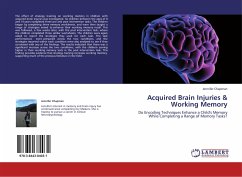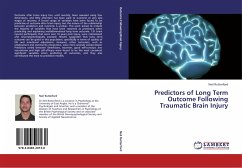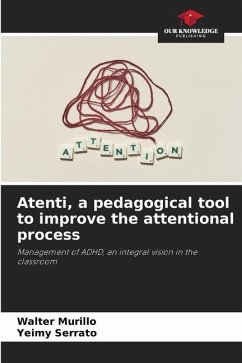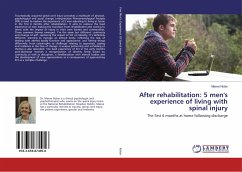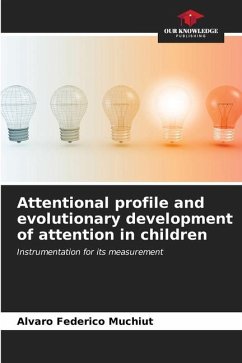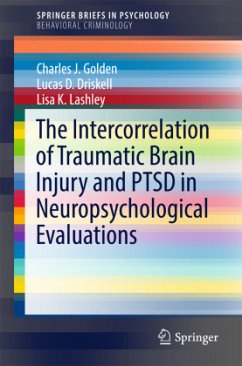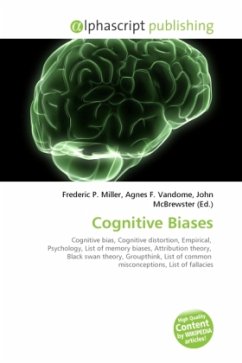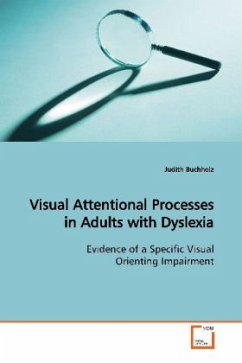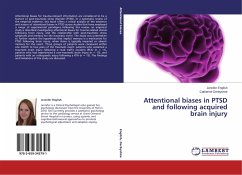
Attentional biases in PTSD and following acquired brain injury
Versandkostenfrei!
Versandfertig in 6-10 Tagen
36,99 €
inkl. MwSt.

PAYBACK Punkte
18 °P sammeln!
Attentional biases for trauma-relevant information are considered to be a feature of post-traumatic stress disorder (PTSD). In a systematic review of the empirical evidence, this book offers a critical analysis of the existence and nature of attentional biases in PTSD across studies that have employed a range of experimental paradigms. Following this review, an empirical study is described investigating attentional biases for trauma-related stimuli following brain injury, and the relationship with post-traumatic stress symptoms and memory for the traumatic event. The study was undertaken to fu...
Attentional biases for trauma-relevant information are considered to be a feature of post-traumatic stress disorder (PTSD). In a systematic review of the empirical evidence, this book offers a critical analysis of the existence and nature of attentional biases in PTSD across studies that have employed a range of experimental paradigms. Following this review, an empirical study is described investigating attentional biases for trauma-related stimuli following brain injury, and the relationship with post-traumatic stress symptoms and memory for the traumatic event. The study was undertaken to further explore the hypothesis that implicit memory is a mechanism for PTSD following brain injury, when there is typically impaired or absent memory for the event. Three groups of patients were compared within one month to two years of the traumatic event: patients who sustained a traumatic brain injury following a road traffic accident (RTA) (n = 11), patients who had experienced a non-traumatic brain injury (n = 15), and patients with an orthopaedic injury following a RTA (n = 15). The findings and limitations of the study are discussed.



